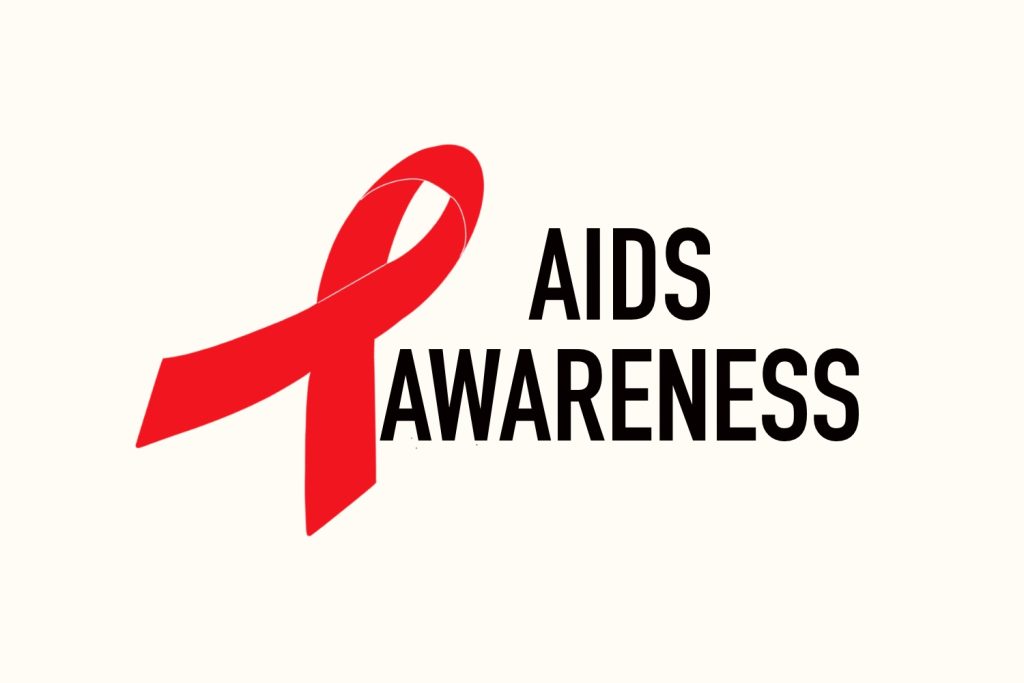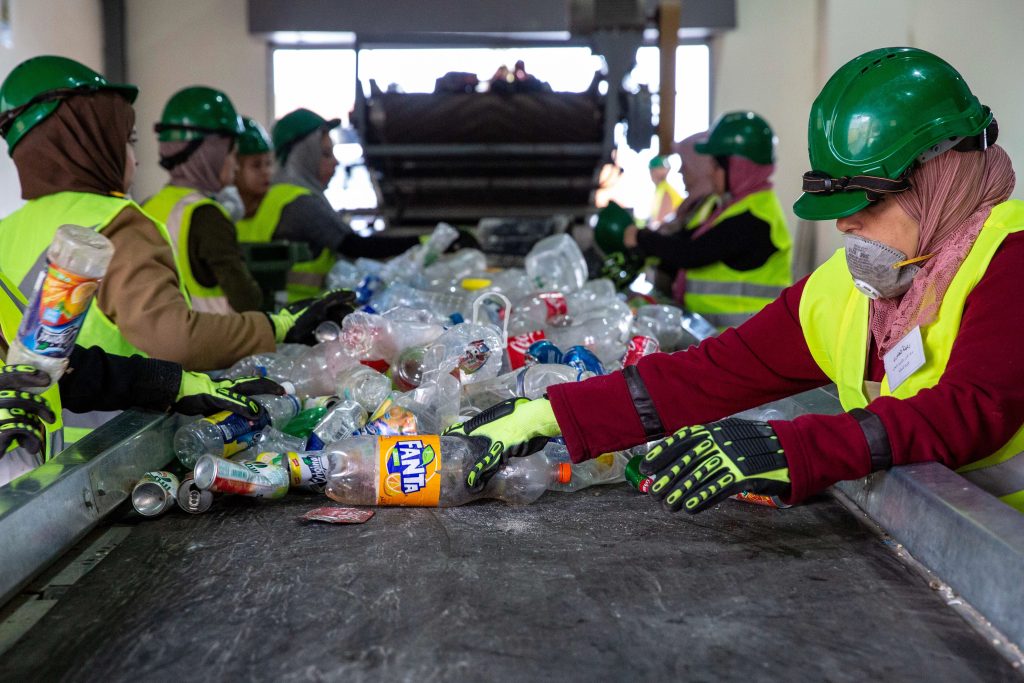Non-Governmental Organizations (NGOs) have become increasingly vital in shaping environmental policies worldwide, particularly in developing countries like Nigeria. Defined by the World Bank as private organizations focused on voluntary services and non-profit ventures, NGOs rely heavily on donations and volunteer services to carry out their missions. Over the past few decades, NGOs have emerged as key players in advocating for sustainable development, influencing policy formulation, and implementing environmental protection initiatives in Nigeria.
The Influence of NGOs in Nigeria
NGOs in Nigeria engage in a wide range of activities to alleviate suffering, protect marginalized communities, and safeguard the environment. These organizations act as watchdogs, holding the government accountable for its policies and actions related to sustainable development. The World Bank estimates that since the 1970s, over 15% of all foreign development aid has been channeled through NGOs, benefiting many developing nations, including Nigeria. In Nigeria, the number of national NGOs ranges from 6,000 to 30,000, and community organizations are estimated to be in the hundreds of thousands.
Despite their significant contributions, NGOs often face challenges and conflicts with the government. The government frequently views environmental NGOs as intruders rather than partners or advocates in policy formulation. This perception has led to numerous clashes between the government and NGOs like the Socio-Economic Rights and Accountability Project (SERAP), which is known for its activism and advocacy for sustainable development and equity.
NGOs have significantly contributed to policy formulation and the establishment of agencies for implementing sustainable development initiatives in Nigeria. One notable example is the “Better Life for Rural Women” program, initiated by the late First Lady of Nigeria, Mrs. Maryam Babangida. This program aimed to improve the living conditions of low-income families, particularly women, in rural areas by providing decent and affordable housing, agricultural support, and access to social services.
NGOs have also affiliated themselves with international organizations to enhance their effectiveness in advocating for sustainable environmental policies. These partnerships have facilitated the development and implementation of initiatives focusing on pollution control, water management, AIDS awareness, waste management, and deforestation.
NGOs and Sustainable Development
NGOs have been instrumental in promoting sustainable development both locally and internationally. They engage governments in negotiations on issues ranging from hazardous waste regulation to global bans on landmines and the prevention of natural resource exploitation. Beyond governmental and intergovernmental processes, NGOs also focus on raising awareness through public functions, seminars, advocacy, and regulatory activities.
In recent years, NGOs have increasingly targeted powerful corporations, many of which have a significant influence on national resources and policies. Leveraging advances in Information and Communications Technology (ICT), NGOs have drawn attention to the social and environmental externalities of business activities in Nigeria.
Multinational brands, in particular, are susceptible to pressure from NGOs, which challenge their labor, environmental, and human rights records to address any gaps and advocate for better practices. Even businesses that do not specialize in highly visible branded goods are not immune to NGO pressure, as campaigners often target downstream customers and shareholders to push for changes.
Key Areas of NGO Involvement in Environmental Policy
NGOs in Nigeria have played vital roles in various environmental and social policy area, including pollution control, rain harvesting, AIDS awareness, zero waste management, and deforestation.
1. Pollution Control
Nigeria faces significant pollution challenges due to its numerous large and small-scale oil and gas industries, particularly in the southern regions. The rise in the number of vehicles, poverty, and a large population has put tremendous pressure on air, water, and land quality.
NGOs have adopted comprehensive strategies for pollution control, such as advocating for pollution prevention at the source, promoting the best available technical solutions, and ensuring that polluters pay for pollution control arrangements. These organizations also educate the public about pollution control measures, including noise pollution regulations in urban areas.
2. Rain Harvesting
NGOs have promoted rainwater harvesting in residential areas in some Nigerian cities to address perennial water shortages. Using simple and inexpensive techniques, NGOs have demonstrated how to conserve a large part of the annual rainfall, which is important in a country that faces significant water scarcity during the dry season.
3. AIDS Awareness
Health-focused NGOs are actively involved in educating the public about AIDS prevention and providing support and counseling for HIV-infected individuals. They work to eliminate negative stereotypes and stigmatization of HIV-positive individuals, advocating for the dignity and rights of all people living with HIV, regardless of how they contracted the virus.

4. Zero Waste Management
NGOs are increasingly focusing on zero waste management, aiming to convert waste into wealth through recycling. Some NGOs are also addressing the problem of handling and disposing of biomedical waste, seeking solutions that benefit all stakeholders involved.

5. Deforestation
NGOs are advocating for policies to prevent deforestation and promote sound forest management principles and techniques. These efforts align with Nigeria’s Agricultural Policy, which seeks to protect the nation’s forest products and wildlife to prevent ecological disasters. NGOs’ work in this area is crucial for maintaining biodiversity and ensuring the sustainability of Nigeria’s natural resources.
RELATED ARTICLES: Can Nigeria Develop Its Oil Without Sacrificing its Environment?
Challenges and Opportunities for NGOs in Nigeria
While NGOs have made significant strides in promoting sustainable development in Nigeria, they face numerous challenges. Funding constraints, lack of strategic planning, and inadequate networking with other NGOs are major obstacles that limit their effectiveness.
Additionally, NGOs often encounter security challenges, particularly in regions affected by insurgency and political instability. Despite these setbacks, NGOs continue to play a vital role in advocating for sustainable policies and holding the government accountable.



